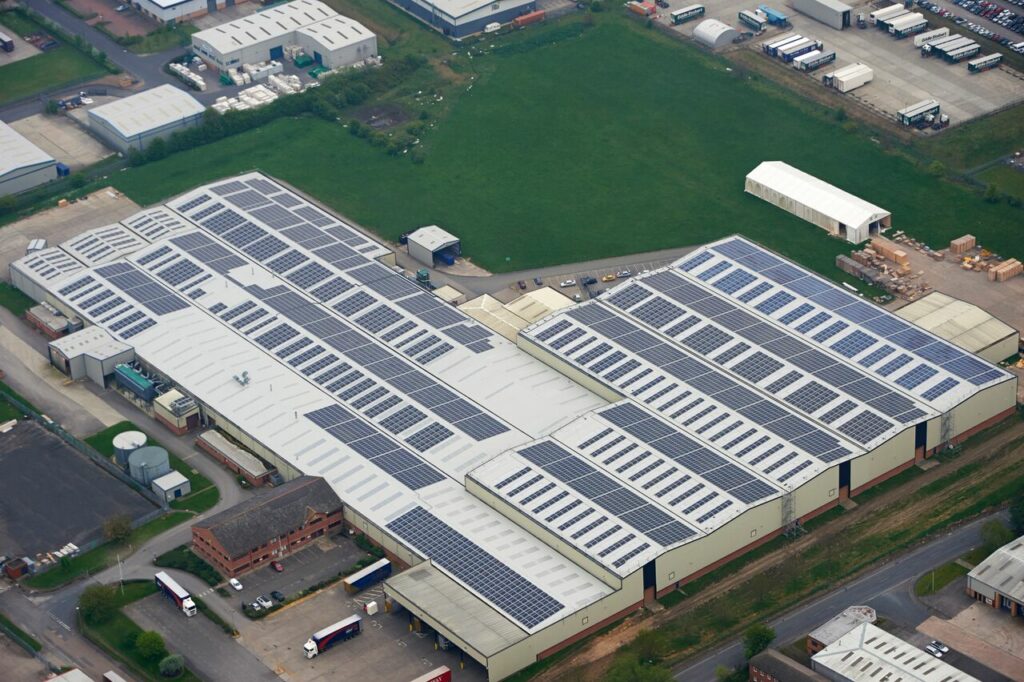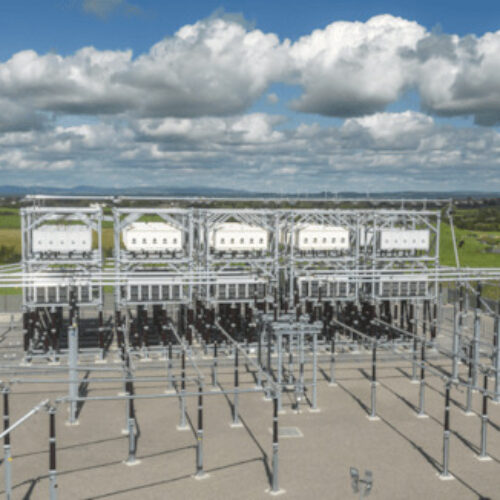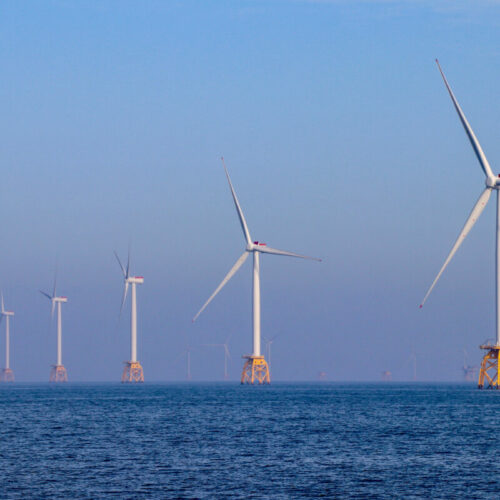Kingspan has said that rooftop solar remains “cost viable” for its manufacturing facilities despite substantial cuts to the feed-in tariff (FiT).
Last month the Department of Energy and Climate Change confirmed new FiT rates for commercial solar installations, varying from 4.59 pence to 0.87 pence per kilowatt hour depending on the size of the installation.
The new regime comprises cuts to the previous FiT rate of up to 67%, leading many businesses to reconsider the financial viability of such installations. But Tony Ryan, building technology manager at Kingspan Insulated Panels, said that solar was “still seen as a key driving force” behind the company’s aim of being ‘net zero energy’ by 2020.
Kingspan’s target – which it hopes to achieve through considerable reductions to its energy consumption, on-site renewable generation and the procurement of clean energy – applies to all of its manufacturing facilities worldwide, of which there are more than 85.
Ryan said Kingspan’s opinion was that solar was moving towards a non-subsidy model, and central to this would be industrial and commercial buildings using vast amounts of energy during the day. For these facilities, solar is still considered to be “very viable”.
“Systems that can be sized and installed in buildings, and for those buildings to actually consume the energy rather than export to the grid, are delivering the best returns and this is the case for us,” Ryan said.
Kingspan is currently in the process of completing a 5MW system atop its manufacturing facility in Sherburn, North Yorkshire, which will be one of the country’s largest. Kingspan had been purchasing electricity for that site at prices in excess of 10p/kWh but when complete, Ryan said the Sherburn system would be able to completely offset the electricity consumed onsite.
“So it’s saving us a substantial amount of money, a substantial amount of energy and obviously that – with having zero carbon associated with it – is benefitting our net zero energy drive.
“I believe for certain situations PV is certainly still cost feasible. PV systems are still delivering in excess of 15% IRRs which remains very attractive even for the investment community,” Ryan added.
Last month Kingspan revealed that its wider energy efficiency drive had drastically reduced energy consumption and added around €1 million to the firm’s annual net profits.





